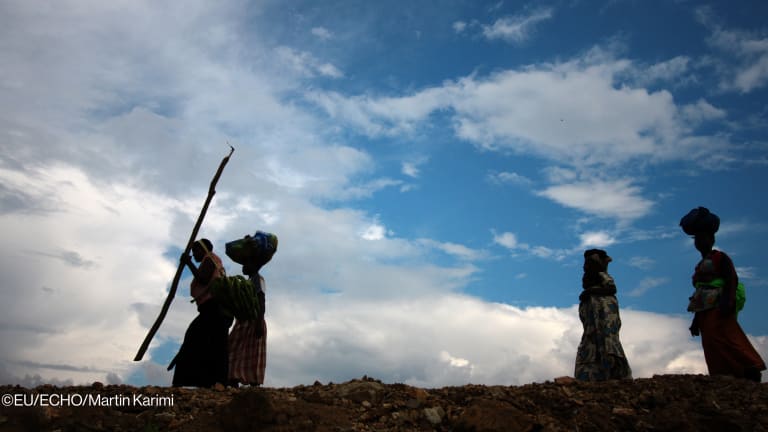
As the Taliban reasserts control over Afghanistan, thousands of Afghans are crossing into neighboring countries. For years, Pakistan has hosted over 3 million Afghan nationals, including more than 1.4 million registered refugees, and it is now expecting to receive up to 700,000 more. However, the country has asserted that it will not accept them. It has increasingly tightened security around the border and has kept them encamped along the border.
Pakistan faith groups restricted from supporting Afghan refugees
Though faith actors had initially committed to assisting the expected influx of Afghan refugees, the Pakistani government’s reluctance to open its borders has restricted organizations from providing much-needed assistance.
Pakistan’s decision is not surprising. In recent decades, the country has gradually curbed the rights of Afghan refugees and implemented programs to forcibly repatriate them, citing security concerns. This coincides with decreasing support from the international community, which has been steadily underfunding successive pledges. The Pakistani government estimates that hosting additional Afghans would cost $2.2 billion over the course of three years.
If there is any chance of Pakistan making an about-face, it will need help from the international community. Refugees are arriving traumatized and with acute medical needs. Hunger has already set in; new arrivals will need basic food, water, and shelter, as well as medical and educational support. Supporting the humanitarian appeal should be the number one priority.
But any appeal needs to go hand-in-hand with planning and investment in opportunities that allow refugees and hosts alike to thrive. The pandemic has severely impacted Pakistan’s already struggling economy. The international community should thus fund initiatives that support refugees alongside their hosts, turning Afghan displacement into a development opportunity for Pakistan.
One promising way forward is through the implementation of a refugee compact. Refugee compacts bring together multiyear commitments from the host government and the international community, fostering inclusive growth and opportunities for refugees and their hosts.
If well designed, compacts can give refugees the ability to work, move, and thrive — contributing economically and socially to their host communities — and can help host governments see refugees in a new light. Such an approach would also improve coordination between humanitarian and development actors and increase funding for education, health, gender-based programs, and livelihoods.
Compacts have already been deployed, albeit imperfectly, in other large refugee-hosting nations. For example, in Jordan, a compact leveraged concessional finance and beyond-aid initiatives, focusing on opportunities for shared growth.
EU debates Afghan aid, potential refugee policy
Some members of the European Parliament are concerned not just about humanitarian funding but about possibly mass immigration as Afghanistan's crisis deepens.
While it has faced a range of challenges, the Jordan Compact created special economic zones for refugee employment. These generated jobs both for Syrian refugees and their hosts, while ensuring Jordan benefited from trade concessions with the European Union. In return, the compact prompted important policy reforms allowing refugees to work and start businesses and promoting refugee self-reliance.
Applying a compact model in Pakistan could mobilize the financial and policy support needed to boost growth. Financing could be targeted toward Pakistan’s broader development goals, prioritizing job creation, access to health and education, private sector investment, and infrastructure provision. It could also help improve conditions for existing Afghan refugees. The international community could agree to policy concessions, expanding trade preferences, increasing refugee resettlement to high-income countries, and implementing humanitarian visas.
In return, Pakistan would need to accept and protect Afghan refugees according to international law, providing them with the right to work, move, and thrive. If refugees are able to contribute to their host society, it could also reduce discrimination among host communities. It also may precipitate a shift in government thinking away from seeing refugees as a security and economic threat, to seeing them as human capital.
Humanitarian actors are already mobilizing, recognizing the dire need in Afghanistan and the impacts the crisis will have on neighboring states. Now, the international community must step up by funding emergency needs and spearheading negotiations to develop a new Pakistan Compact to support not only the new arrivals, but also the existing Afghan population, and the Pakistani host community.










